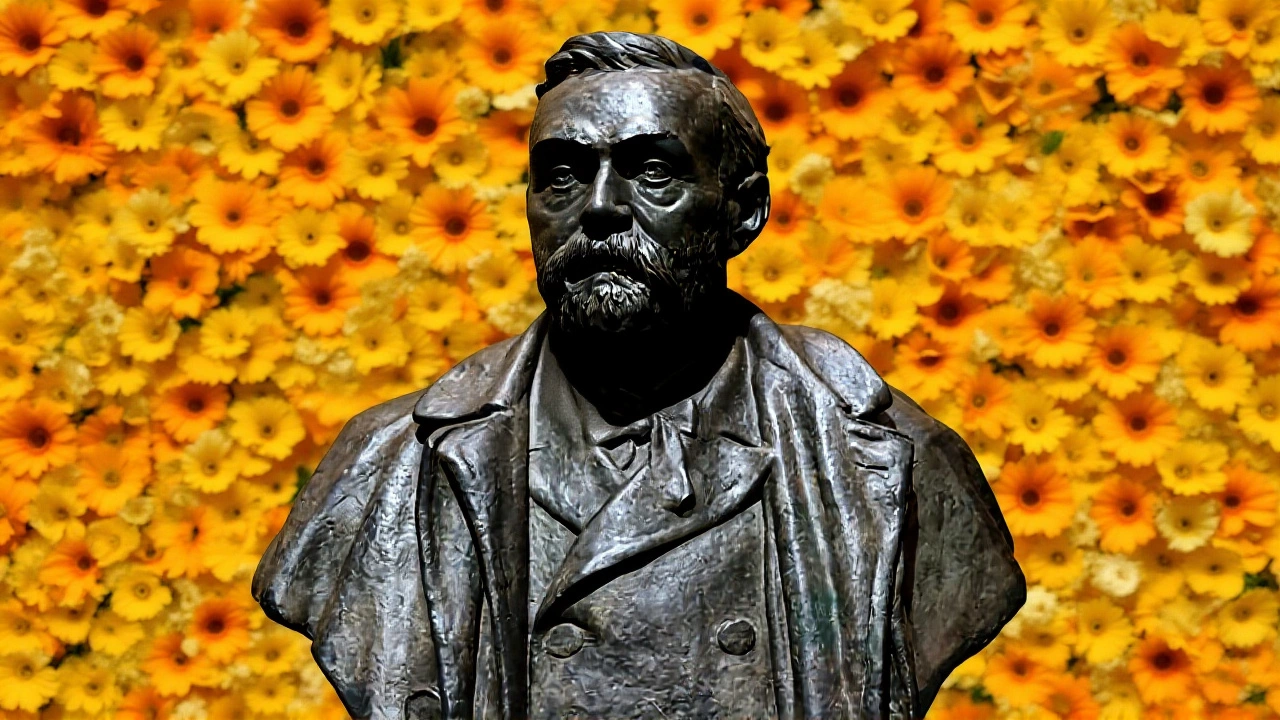University of California Cycling Hub
When talking about University of California, a public university system with ten campuses across the state, many think only of research labs and lecture halls. In reality, the system runs one of the largest campus‑cycling networks in the country. From Berkeley’s iconic Bike Center to UCLA’s free bike‑share program, each campus blends student life with pedal power. University of California campuses have turned cycling into a daily habit for thousands of students, staff, and visitors.
Key pieces of the cycling puzzle
At the heart of this movement is Campus cycling, organized bike routes, repair stations and safety workshops that make riding easy on university grounds. These programs demand well‑designed bike lanes, secure parking, and regular maintenance events. Another cornerstone is Bike sharing, a fleet of easily rented bicycles that let anyone hop on for a quick class or a weekend ride. When campuses launch bike‑share schemes, they not only cut car use but also teach new riders how to handle a bike safely.
Both campus cycling and bike sharing feed into a larger goal: sustainable transportation. Reducing car trips means lower emissions, less traffic congestion, and healthier students. The University of California system tracks how many rides are taken each semester, linking those numbers to carbon‑offset targets. Student athletes, especially those in track and field or mountain‑bike teams, benefit from the easy access to high‑quality bikes for training and recovery.
What you’ll find in this collection below is a mix of practical advice, gear reviews, and real‑world stories. One article explains why cyclists keep pedaling after a race, another breaks down how Tour De France bikes differ from everyday rides, and a third dives into the benefits of cycling for runners. Together they show how the University of California’s cycling culture touches everything from performance training to everyday commuting.
Ready to see how your campus can get more wheels on the road? Browse the posts to pick up tips, learn about the latest bike‑share apps, and discover how other UC students are turning cycling into a lifestyle. The next section holds the full lineup of articles that will help you ride smarter, safer, and greener on any UC campus.
Clarke, Devoret & Martinis Win 2025 Nobel Physics for Quantum Leap
The Royal Swedish Academy of Sciences awarded the 2025 Nobel Physics prize to John Clarke, Michel Devoret and John Martinis for unveiling macroscopic quantum tunnelling in superconducting circuits, a breakthrough shaping quantum computing and sensing.
More